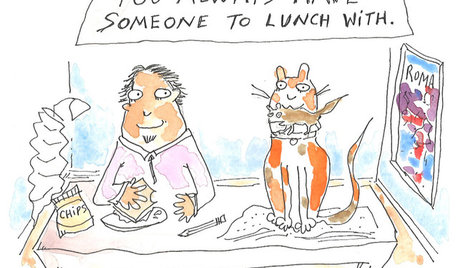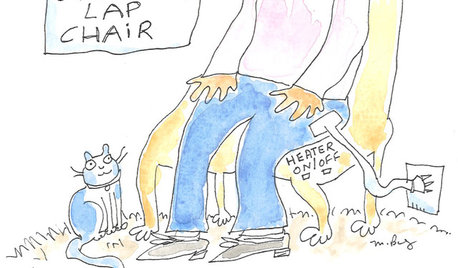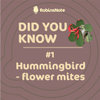Curiosity killed the cat
creeper
12 years ago
Related Stories

HOUZZ TOURSMy Houzz: A Cabin of Curiosities in Los Angeles
A sheep's head here, a beaded fringe there and layers of exotic prints and art everywhere work wonderfully in a personal "Shangri-La"
Full Story
HOUZZ TOURSMy Houzz: Curiosities Tell a Story
An interiors stylist uses her house as a 3D timeline of her tales and travels
Full Story
HOUSEPLANTS8 Houseplants You Can't Kill
They're forgiving and let you forget. Houseplants don't get any easier than this
Full Story
MOST POPULARThe Perfect Houseplant for People Who Kill Houseplants
If you can fill a jar with water, you can keep golden pothos vine happy — and it will pay you back with cleaner air and a greener home
Full Story
COLORWhen Color Could Kill: Stories From the History of Paint
Delve into paint's storied past — what you learn about its history and modern incarnations may surprise you
Full Story
PETSSo You Want to Get a Cat
If you're a cat lover, the joys outweigh any other issue. If you haven't lived with one yet, here are a few things to know
Full Story
PETSHouzz Pets Survey: Who Rules the House — Dogs or Cats?
New data shows that pets make people happy, and pet owners love spending big to return the favor
Full Story
PETS10 Tips for Keeping Indoor Cats Healthy and Happy
It's National Cat Day: Ask not what your cat can do for you (because it will ignore you) but what you can do for your cat
Full Story
FUN HOUZZ6 Reasons Every House Needs a Cat
Everyone should have a feline fixture as part of their home decor. Here's why
Full Story
FUN HOUZZIf Cats Could Design
Ever wonder what your cat might dream up as an architect or interior designer? Here's a peek
Full Story




lisa11310
Elly_NJ
Related Discussions
Albo Marginata - explain please
Q
WANTED: Curiosity was killing my post office gal !
Q
They say curiosity killed the cat, right?
Q
Quotes 12 - 6 - 17 :2, Nauman, Wright
Q